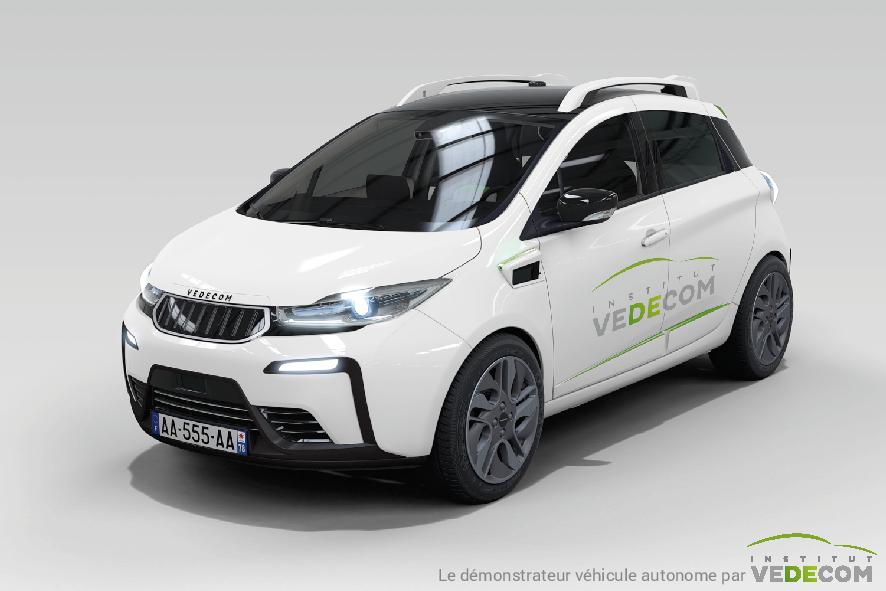
Photo: CartePostale-Demonstrateur-Vdef-page-001
New project launched to enable safer automated driving
22 February 2017
by Nick Michell
A new three-year European project, AUTOPILOT, has been launched to enable safer highly automated driving using smart and connected objects and the Internet of Things (IoT).
Financed by the European Union’s Horizon 2020 research and innovation programme, the IoT enabled automated vehicles will be deployed at six pilot tests sites in France, Finland, Korea, Spain, Italy and the Netherlands. The pilot sites will generate data to evaluate the technical performance of the Internet of Things to allow safer highly automated driving as well as assess the socio–economic impacts.
“AUTOPILOT will use IoT technologies in the automotive world, to advance the evolution of connected vehicles into highly and fully automated vehicles,” Francois Fischer, AUTOPILOT coordinator, Senior Manager at ERTICO-ITS Europe, told Cities Today. “Connectivity and the ability to collect data from thousands of objects, surrounding the vehicles, are seen as a key enabler for highly automated driving. The Internet of Things provides the mechanisms and tools to create virtual objects in the Clouds, from real connected objects.”
The launch of the initiative took place at the French Pilot Site in Versailles, allowing the project’s partners and attendees explore this site in depth as well as give the possibility for local stakeholders to learn about the AUTOPILOT project’s objectives.
“Autonomous vehicles could solve a number of challenges faced by cities, due to urbanisation, by providing and developing alternative mobility from the ground up,” added Fischer. “Automated vehicles, like robot-taxi could operate 24/7 compared to private vehicle use which averages only 5 percent use. Therefore manually driven vehicles are mainly parked rather than being driven, thus occupying a significant space in the city. Fully automated vehicles would not only increase road safety but also reduce congestion and the need for parking space.”
The 43 partners of the AUTOPILOT project’s consortium represent information and communication technology stakeholders as well as automobile industry and research. In the regions selected, they will test automated vehicles using smart objects under real-life conditions in order to evaluate the benefit on technology, the economy and people.














